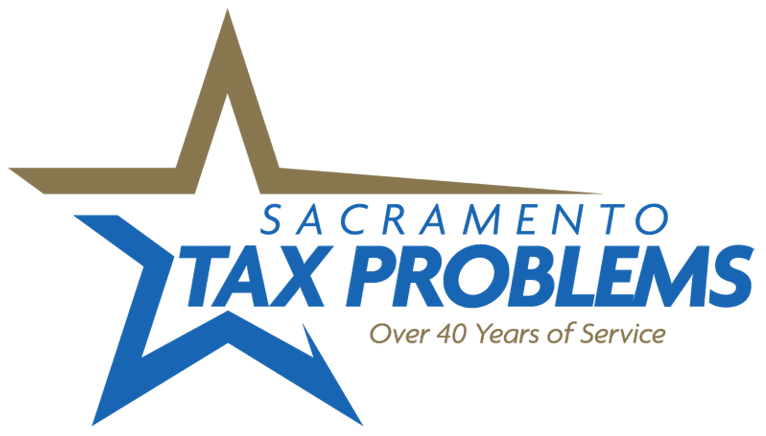Lyft and Uber Drivers: Why Tax Troubles Are Common and How to Resolve Them
Driving for rideshare companies like Lyft and Uber has become a popular way to earn income, offering flexibility and independence. However, it also comes with unique tax responsibilities that many drivers are unprepared for. These responsibilities can lead to issues with the IRS, from underpayment penalties to tax debt. Let’s explore why Lyft and Uber drivers often find themselves in hot water with the IRS and how they can resolve these problems.
Why Rideshare Drivers Face Tax Issues
- Misclassification as Independent Contractors
As a rideshare driver, you’re considered an independent contractor, not an employee. This means taxes aren’t automatically withheld from your earnings. It’s up to you to track income, set aside money for taxes, and pay quarterly estimated taxes. Many drivers underestimate how much they owe or fail to pay on time, leading to tax debt. - Confusing Tax Forms
Uber and Lyft issue Form 1099-NEC and Form 1099-K, which report your income. However, the way these forms break down earnings and expenses can be confusing, especially for first-time drivers. Misinterpreting these forms often leads to filing errors. - Overlooked Deductions
Rideshare drivers can deduct a range of expenses, such as vehicle maintenance, mileage, tolls, and even a portion of their phone bill. But keeping accurate records of these expenses is essential. Drivers who fail to track their deductions miss out on significant tax savings, which can inflate their tax bill. - Self-Employment Taxes
In addition to federal and state income taxes, rideshare drivers must pay self-employment tax, which covers Social Security and Medicare contributions. Many drivers aren’t aware of this additional tax burden and fail to account for it. - Unreported Income
Some drivers may unintentionally underreport their income, especially if they work for multiple platforms or don’t receive a 1099 due to earning below the threshold. This can trigger IRS audits and penalties.
What Happens If You Fall Behind on Taxes?
Falling behind on taxes can lead to serious consequences, including:
- Tax Penalties – The IRS charges penalties for underpayment, late payments, and filing errors.
- Interest on Tax Debt – Outstanding balances accrue daily interest, making it harder to catch up.
- Collection Actions – If the debt remains unpaid, the IRS can garnish your wages, seize your bank account, or place a lien on your property.
How to Resolve Tax Problems as a Rideshare Driver
If you’re facing tax issues, there are steps you can take to regain control of your financial situation:
- Review Your Tax Returns
Start by reviewing your previous tax returns to ensure all income was reported accurately and all eligible deductions were claimed. - Set Up a Payment Plan
If you owe back taxes, the IRS offers installment agreements to help you pay over time. - Consider an Offer in Compromise
For drivers with significant financial hardship, an Offer in Compromise allows you to settle your tax debt for less than you owe. - Request Penalty Abatement
If you can show reasonable cause for your tax troubles, you may qualify for penalty relief. - Seek Professional Help
Working with a tax resolution expert can make all the difference. A professional can help you navigate the system, negotiate with the IRS, and develop a strategy to resolve your tax debt effectively.
Don’t Wait to Address Your Tax Issues
As a rideshare driver, staying on top of your taxes is essential for protecting your earnings and avoiding unnecessary stress. If you’re already facing tax problems, you don’t have to deal with the IRS alone. Rochelle Margucci specializes in helping rideshare drivers like you get back on track and find relief from tax debt. Call 916-372-8577 today for a free consultation, and start your journey toward financial peace.
